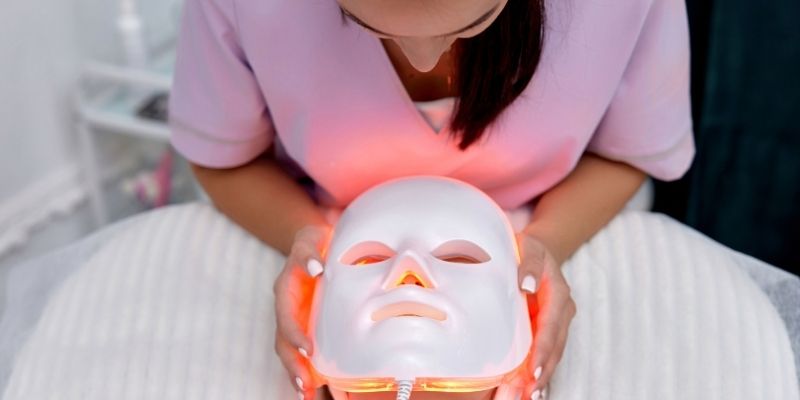How To Get The Most Protection From Your Sunscreen
Dec 06, 2023 By Madison Evans
Sunscreen helps shield your skin from early aging and skin cancer. But if it's not used appropriately, it's less effective. Choosing and applying sunscreen correctly can be complex, so individuals sometimes fail to get the full advantages of it and endanger themselves. With so many different brands, formulations, and substances to choose from, the possibilities for sunscreen might seem infinite.
All people can, however, discover a sunscreen that suits their skin type, price range, and way of life. Here's what you should know about sun safety and skin protection before you venture outside to enjoy the nice weather and sunshine.
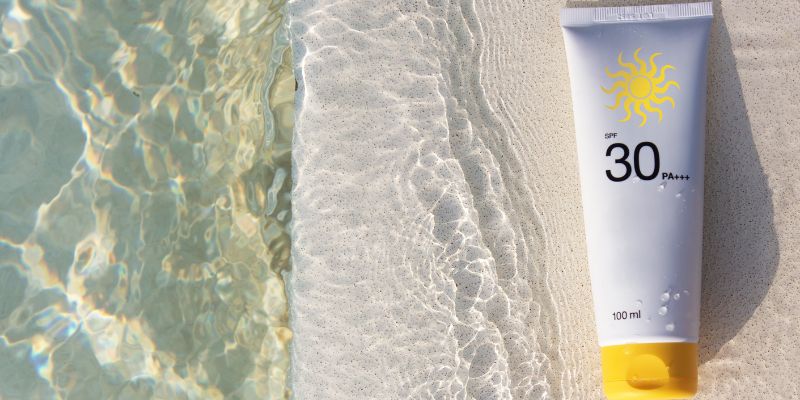
How Do You Choose An SPF?
You should select a broad-spectrum mineral sunscreen containing titanium dioxide or zinc oxide. Remember that the SPF of a sunscreen reflects its ability to protect your skin from ultraviolet (UVB) radiation, which causes sunburn. Dermatologists suggest SPF 30 or greater sunscreen for most people. SPF 30 protects against 97% of UVB radiation. SPFs 50 and above can provide greater coverage by blocking more UVB radiation. SPF 30 and greater SPFs offer rather different levels of protection, nevertheless.
The selection of SPF is influenced by activity, time spent outside, and skin type. Those with fair skin or those who are prone to sunburn could benefit from more frequent reapplication or higher SPFs. Recall that SPF quantifies protection against UVB rays; for all-encompassing defense, ensure your sunscreen is classified as "broad-spectrum," protecting against UVA and UVB rays.
Determining the best SPF for your skin type and sun exposure patterns can also be aided by consulting a physician. To get the best benefits, apply sunscreen to your skin 20 to 30 minutes before going outside, and make sure it is not expired. Try numerous sunscreen brands' fragrances and oil concentrations to discover a combination that suits your preferences.

6 Tips To Protect Yourself From The Sun
Here is how you can protect yourself from the sun:
Clean Your Hands
The fact that using sunscreen makes your hands feel greasy and disgusting is the main cause of many people's dislike of the product. Consider using a cotton ball or cotton pad for application instead. Discard the cotton pad after squirting sunscreen onto a cotton pad and applying it all over your face and body. Alternatively, use a spray, powder, or roll-on sunscreen to help keep your hands clean. Always shut your eyes and hold your breath when applying spray sunscreen to avoid breathing in dangerous chemicals.
Cover Your Lips And Eyes
Be careful to shield your lips and eyes from the sun for total sun protection. UV light may quickly cause lips to dry out or chap. Lips are particularly vulnerable to sun damage. Protect your lips from sunburn and potential long-term damage using lipstick or lip balm with SPF. Sunlight can cause eye damage due to its harmful beams. By wearing the proper eyewear, you can lower your risk of skin cancer on your eyelids or melanoma on the retinas at the back of your eyes. Daily use of a high-SPF lip balm is recommended. Wraparound or big-lens sunglasses offer better coverage since they protect your eyes and the delicate skin around them.
Look For A Broad Spectrum Sunscreen
For all-around defense against damaging UV rays, choosing a sunscreen with a broad spectrum is essential. Different dangers to our skin are associated with UVA and UVB radiation. UVB rays primarily cause sunburn and are a primary cause of skin cancer, even though UVA rays penetrate deeper into the skin and produce wrinkles and hastened aging. Broad-spectrum sunscreen also blocks UVA and UVB rays, offering complete protection. Protecting the skin against a greater variety of UV wavelengths lowers the likelihood of cosmetic and malignant skin damage. This kind of sunscreen is a must-have for complete sun protection as it reduces the risk of sunburn, minimizes the aging effects of UVA radiation, and increases the likelihood of preventing skin cancer.
Use The Appropriate Quantity And Reapply
Effective sun protection requires applying and reapplying sunscreen in the proper dosage. Because most individuals use too little sunscreen, it is less effective. Use roughly a full shot glass (about one ounce) to cover your whole body to achieve adequate coverage. Remember frequently overlooked regions such as the hands, feet, neck, and ears. Furthermore, reapplication is essential to preserving protection all day. Reapplying sunscreen every two hours is essential, even if it says it is water-resistant. It is especially important if you are swimming or sweating a lot. The protective layer of sunscreen can wear off due to sweat, rubbing against clothing or towels, or exposure to water, and reapplying guarantees that the barrier remains intact.
Wear Protective Clothes
Wearing protective gear is a wise complement to your plan for sun protection. Wearing clothing can effectively protect you from UV radiation. Choose materials with tight weaves and deeper hues; they provide superior protection by absorbing or blocking more solar radiation. There's plenty of covering in long pants, skirts, and lightweight long-sleeved shirts. Furthermore, consider apparel labeled with UPF (Ultraviolet Protection Factor) specifically made to filter UV radiation.
Wide-brimmed hats protect the ears, neck, and face; UV-protecting sunglasses screen the eyes and the sensitive skin around them. In addition to using sunscreen, this clothing-based protection lowers total solar exposure. It's especially useful for long outdoor sessions as an additional line of protection against sun damage. Wear protective gear to improve your sun protection routine and promote long-term skin health.
Conclusion:
Protecting your skin from the bad effects of the sun necessitates a diverse strategy. Selecting a sunscreen that offers sufficient SPF and broad-spectrum protection is essential. Comprehensive sun protection is improved by wearing protective clothes, such as hats and sunglasses, and liberal amounts of sunscreen that should be reapplied every two hours. Your protection against sun damage is further strengthened by paying attention to frequently neglected regions like your lips and eyes. Protecting your skin from sunburn, following these sun safety precautions will lower your risk of skin cancer and premature aging, giving you happier, healthier skin for years to come.
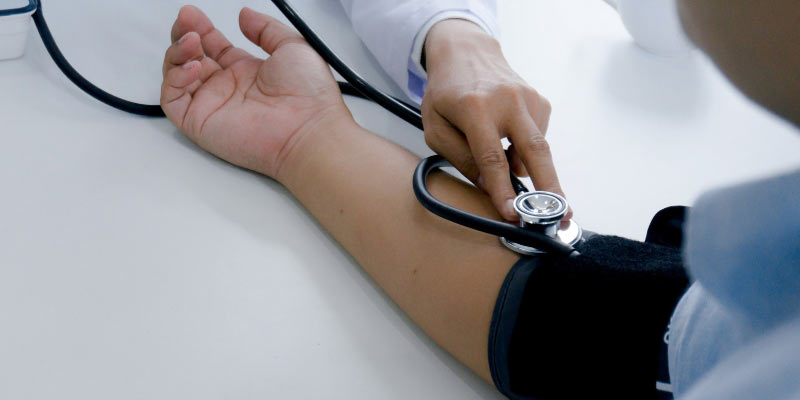
Exploring the Potential of Mushrooms in Managing High Blood Pressure

What’s Behind Your Knee Pain and How Can You Find Relief?
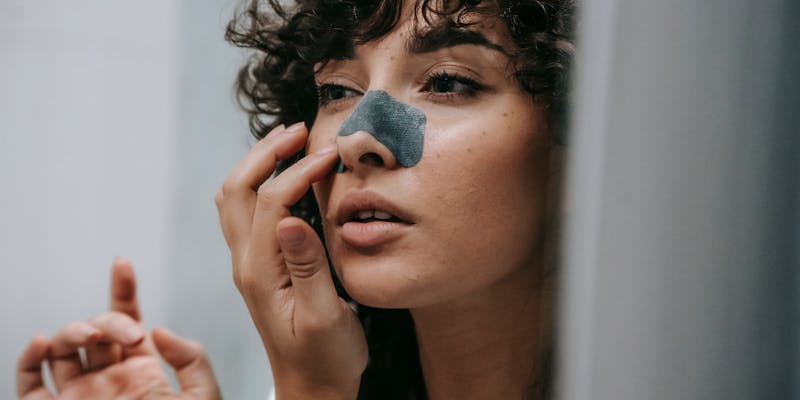
Is it True That Pore Strips Get Rid of Blackheads? Find Out Here!
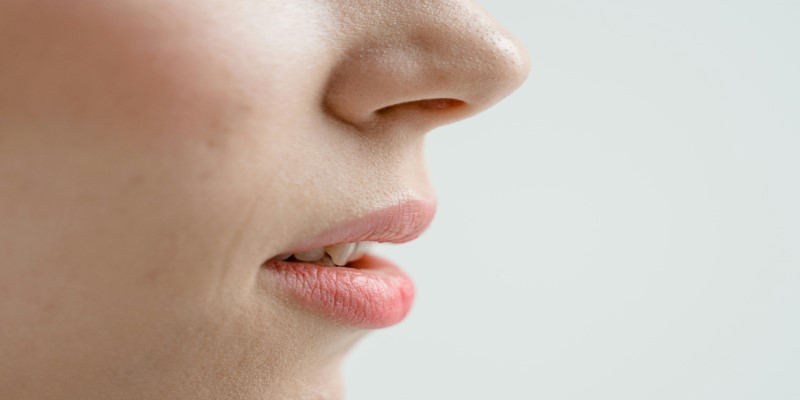
Reasons Why You Have Developed Enlarged-Looking Pores
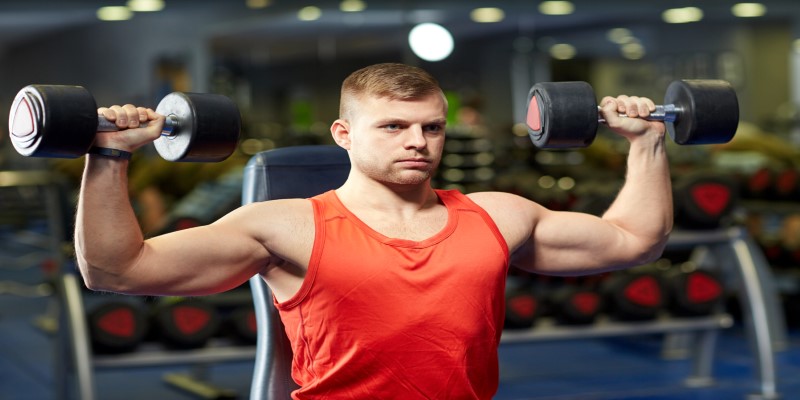
Mastering Strength: A Guide to 5 Total-Body Dumbbell Challenges
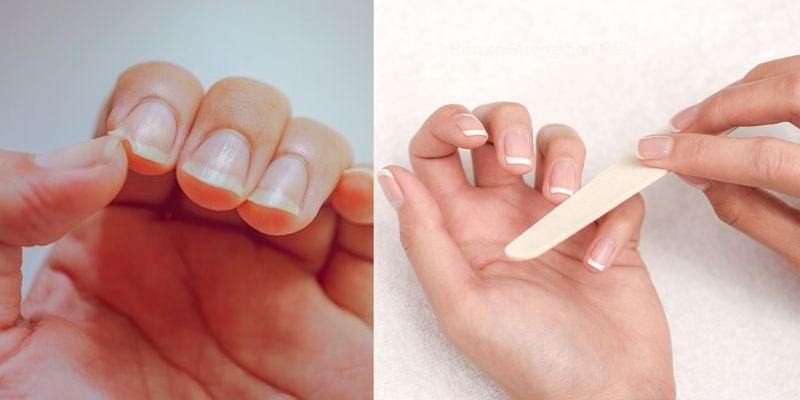
How to Strengthen Nails

Understanding Skin pH and Its Importance
